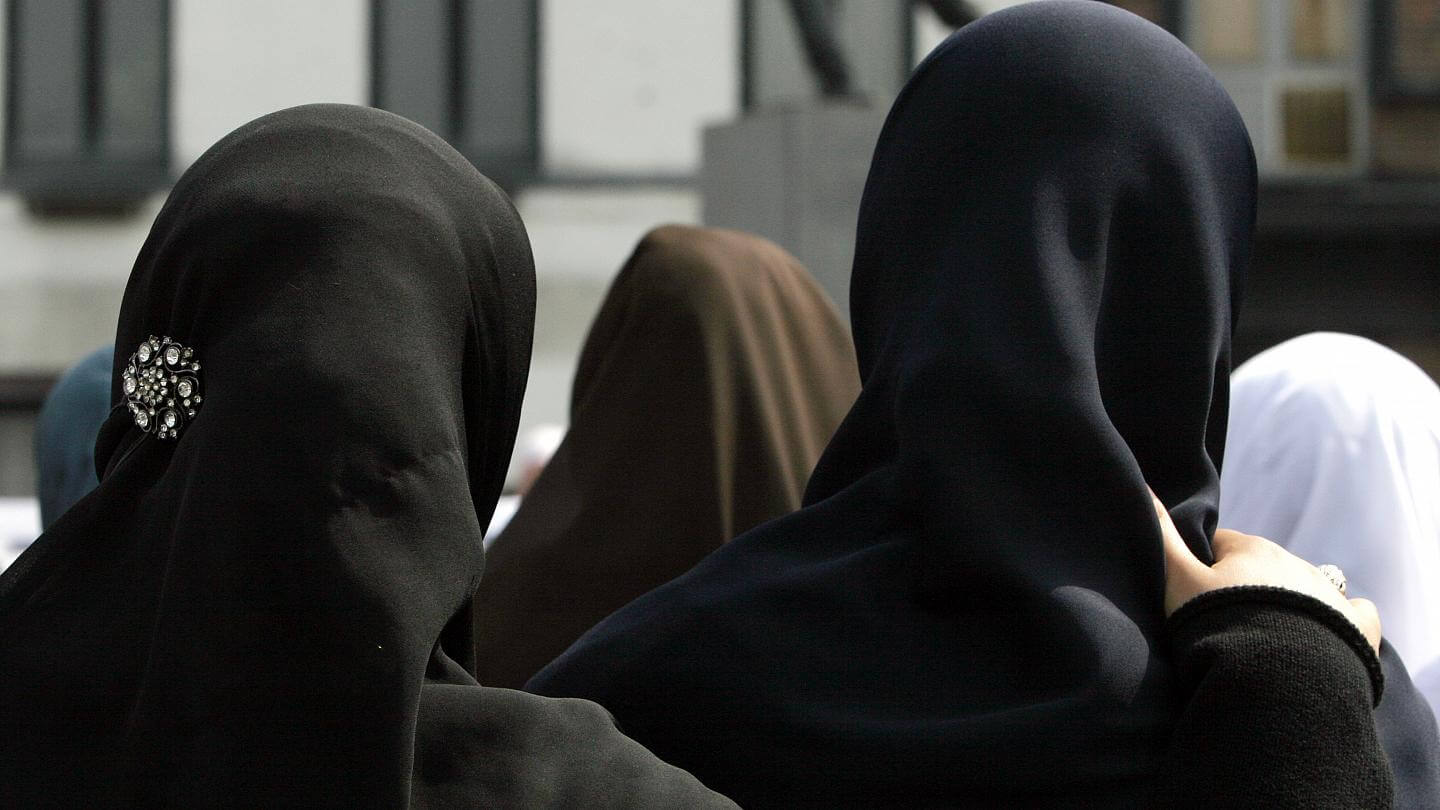A political debate on Islamic headscarves has erupted in Belgium following the resignation of a civil servant on Friday due to discrimination and cyber harassment.
Ishane Haouach, a Belgian-Morrocan woman, who resigned as a government commissioner at the Institute for the Equality of Women and Men (IEFH), said she was subjected to scathing personal attacks since she took up the role at the Institute last month. In addition, her appointment as the commissioner was questioned by opposition parties, citing Belgian law that prohibits civil servants in regular contact with the public from carrying religious symbols. However, the Belgian Prime Minister (PM), Alexander De Croo, defended Haouach’s appointment, stating that no federal regulations were violated, as she was not a “public body civil servant.” Haouach was appointed to the Institute by the Ecolo-Green party and the Secretary of State for Gender equality, Equal opportunity and Diversity, Sarah Schlitz.
Previously, Haouach publicly denounced the ban on wearing religious symbols and called them discriminatory.
In 2011, Belgium’s lower house unanimously passed the law to ban face veils on security grounds and liberate Muslim women, as headscarves and face coverings, including the niqab and the hijab, are seen as symbols of oppression. In support, the European Court of Human Rights (ECHR) in France upheld Belgium’s ban on Islamic headscarves and face veils and found it to be non-discriminatory. It also defended Belgium’s right to implement the law and deemed it necessary for a democratic society that guarantees fundamental rights and freedoms for everyone.
Similar laws have also been introduced by France, Switzerland, Austria, Latvia, Bulgaria, Germany, and Denmark. France was the first western country to introduce a ban on face veils and headscarves in public spaces in 2010. In its latest attempt to promote the country’s secular values, France introduced a proposal that prohibits children from wearing hijab and other Islamic headwear in public spaces. The proposal, known as the “anti-separatism” law, was passed by the upper house of the parliament last month and needs approval from French National Assembly to be converted into law. Additionally, the law also restricts mothers from wearing face coverings while accompanying children on school trips or public outings.
Likewise, the Dutch government in 2018 approved a partial ban on face coverings, including burqas. The ban was approved on security grounds and is applicable in certain public buildings. Moreover, German Chancellor Angela Merkel has also called for a ban on face coverings for public servants. The law was passed by the lower house of the parliament in 2017 and forbids public servants from wearing religious clothing while on duty. In this regard, the then German Interior Minister Thomas de Maiziere said, “Integration also means that we should make clear and impart our values and where the boundaries of our tolerance towards other cultures lie.”
Opposition groups and human rights organisations have condemned such steps by western countries and accused them of Islamophobia and spreading anti-Muslim sentiments. In fact, Amnesty International referred to France’s latest proposal as “a serious attack on rights and freedoms.” Against this backdrop, the latest incident in Belgium is set to reignite a continental debate on religious freedoms and discrimination.
Islamic Headscarves Political Debate Rekindled in Belgium
A civil servant’s resignation in Belgium has sparked a political debate on Islamic headscarves and face veils as several European nations are introducing laws to ban veils on security grounds.
July 13, 2021

SOURCE: EURO NEWS
